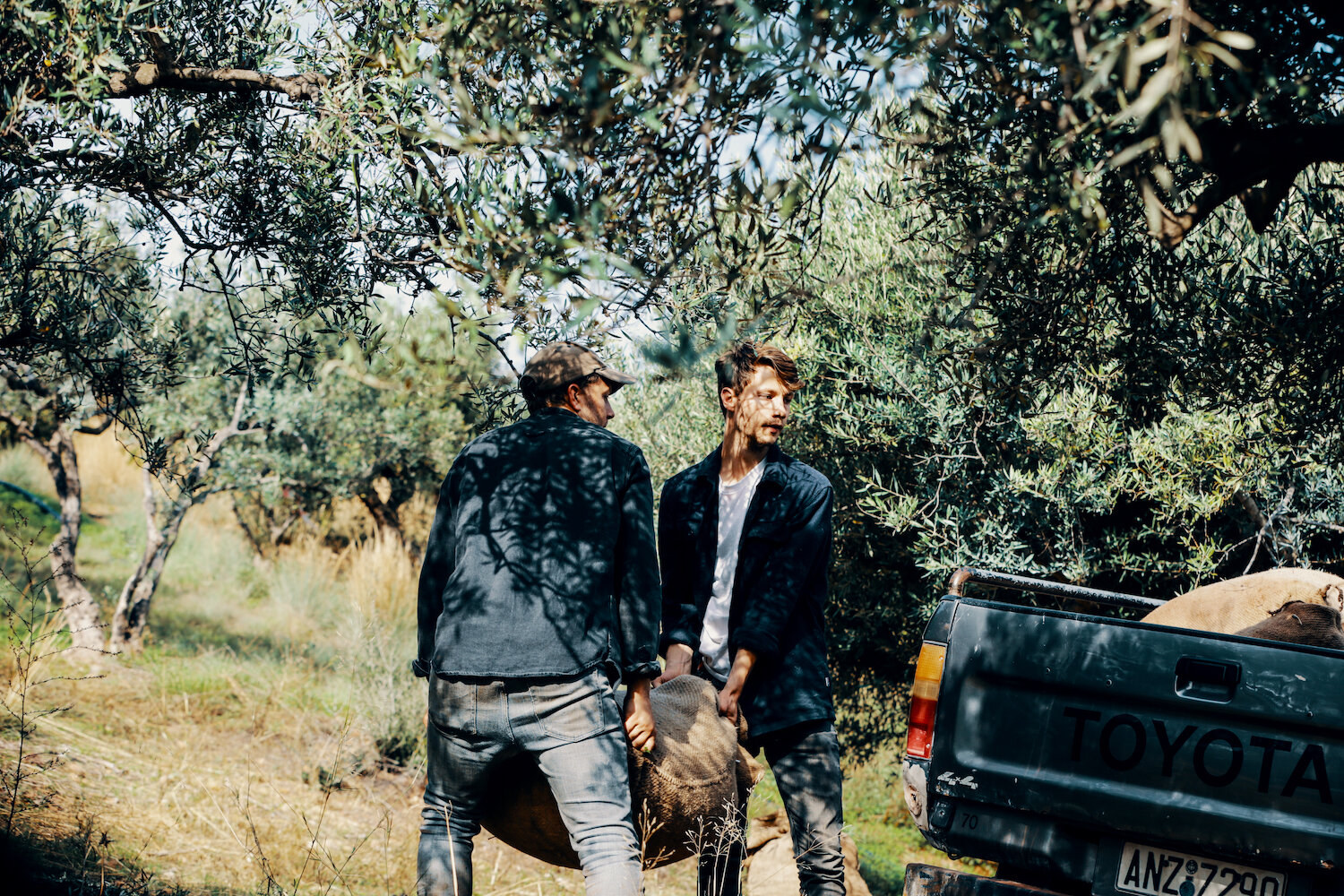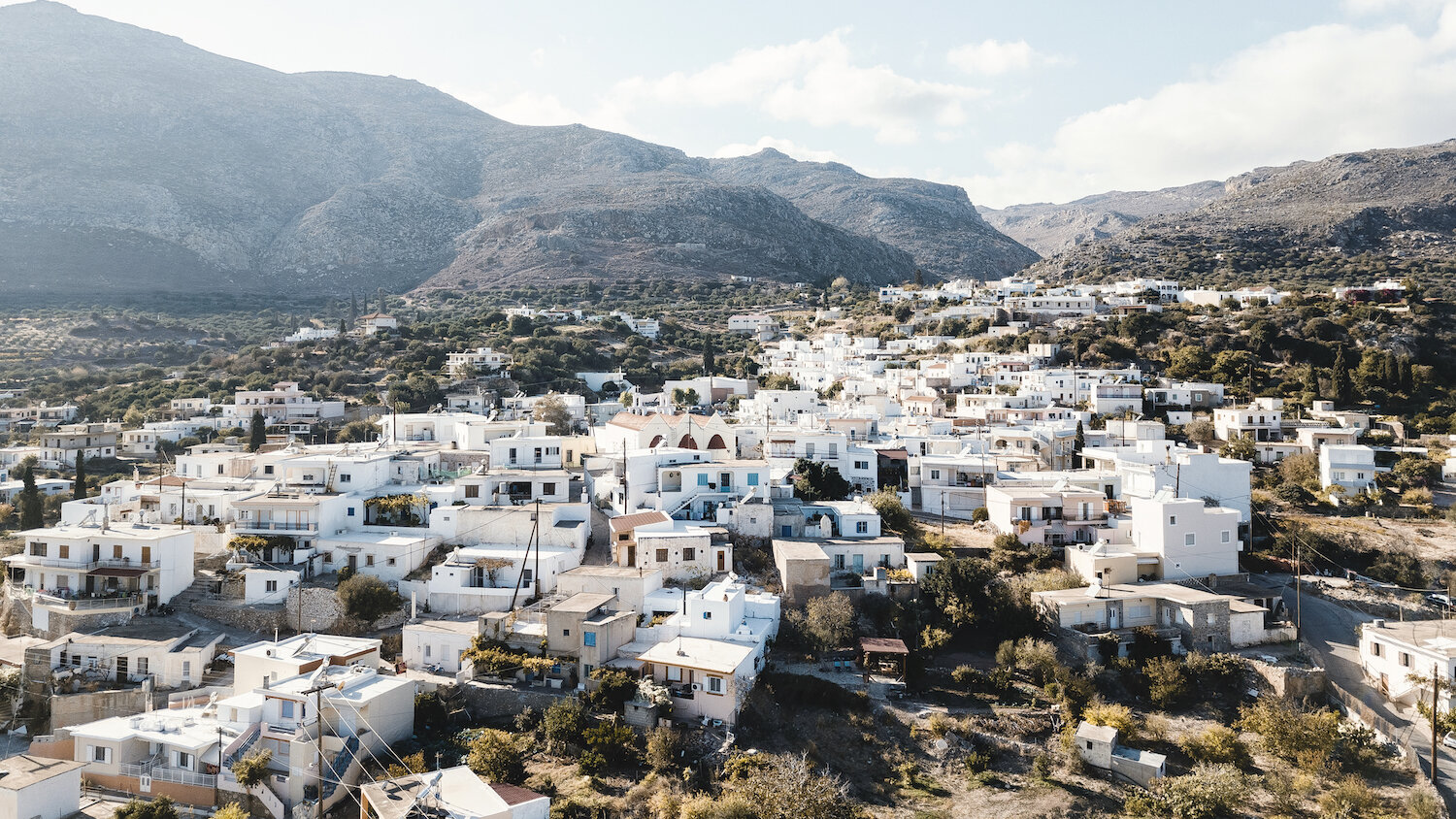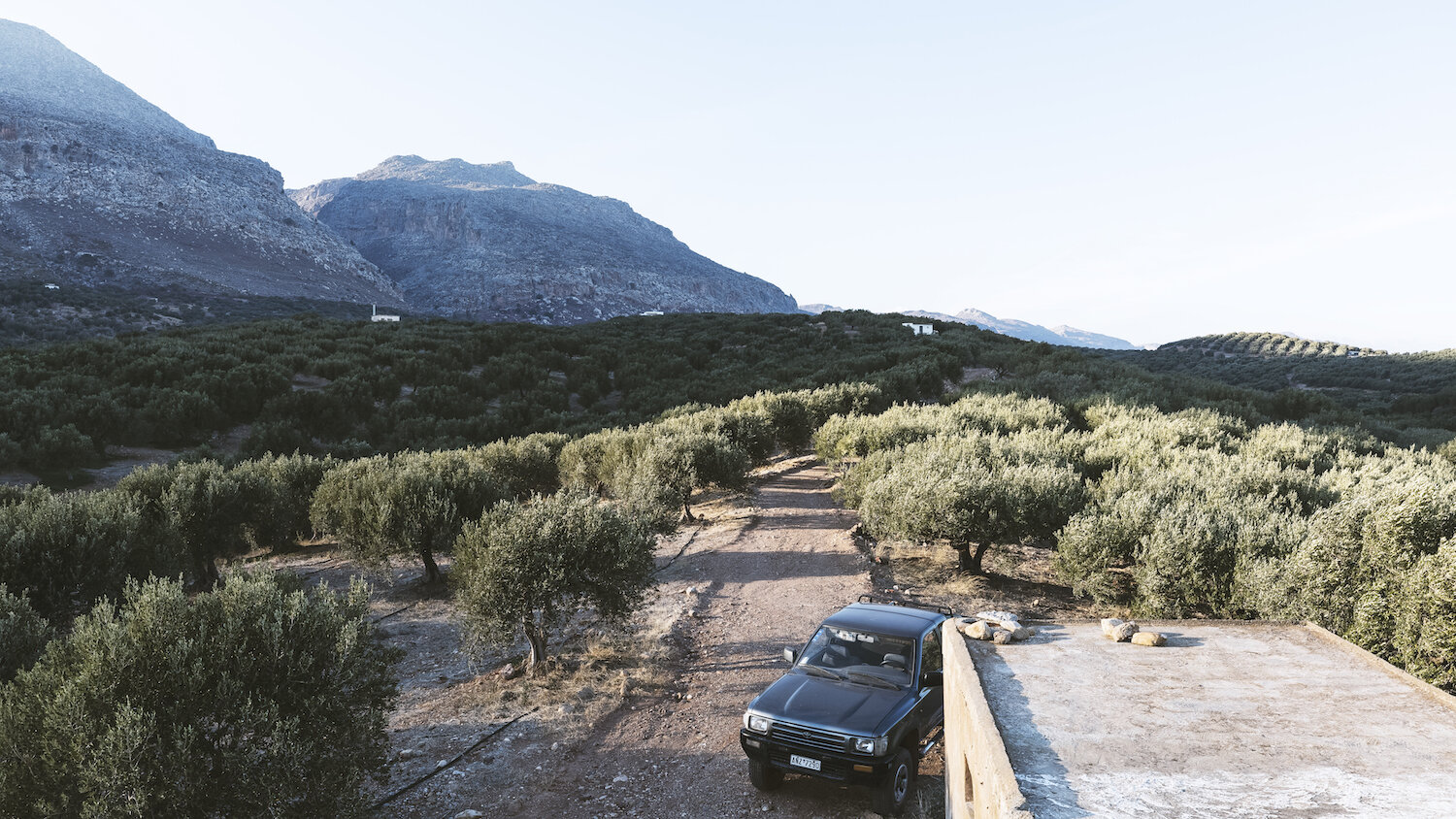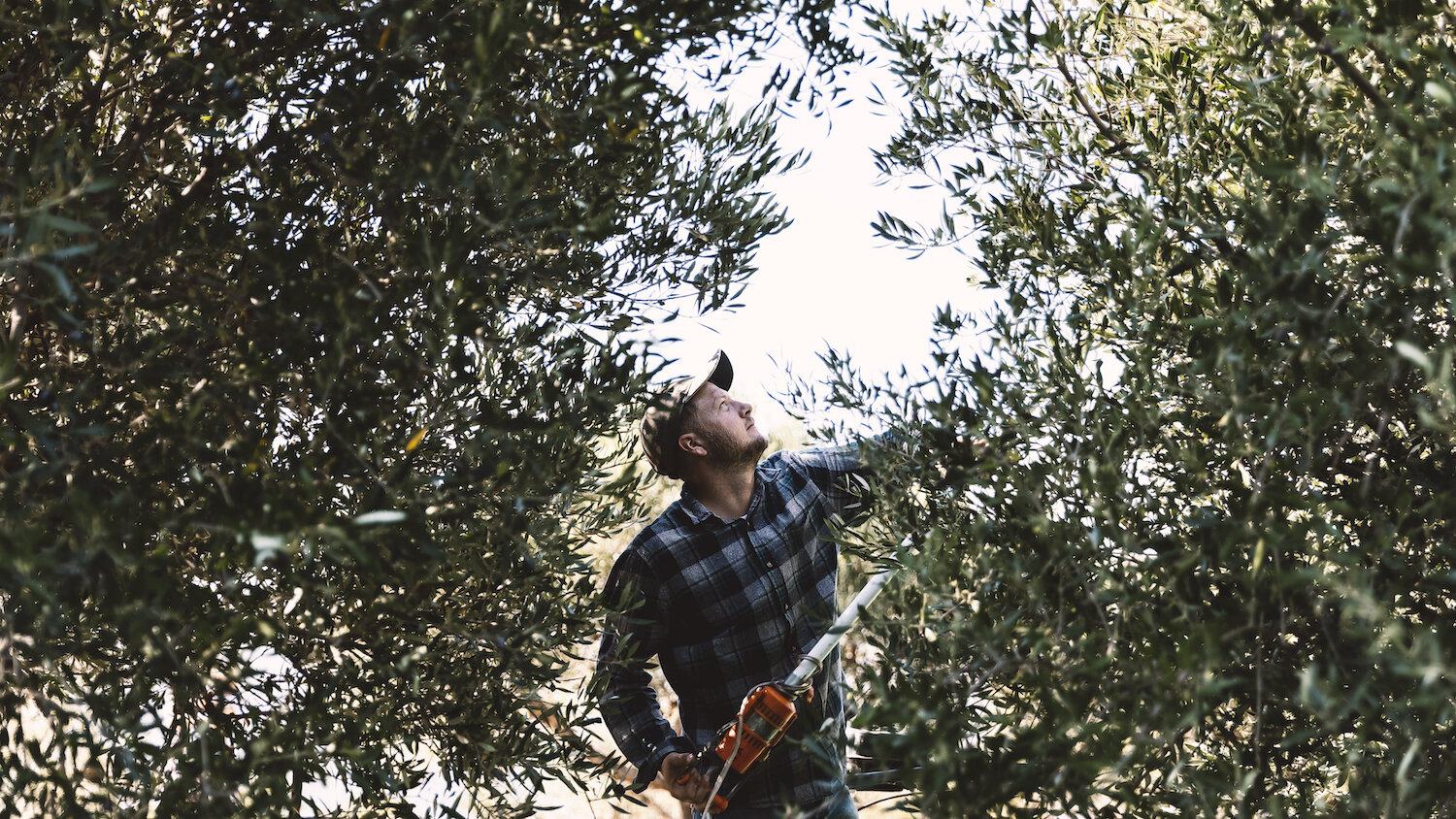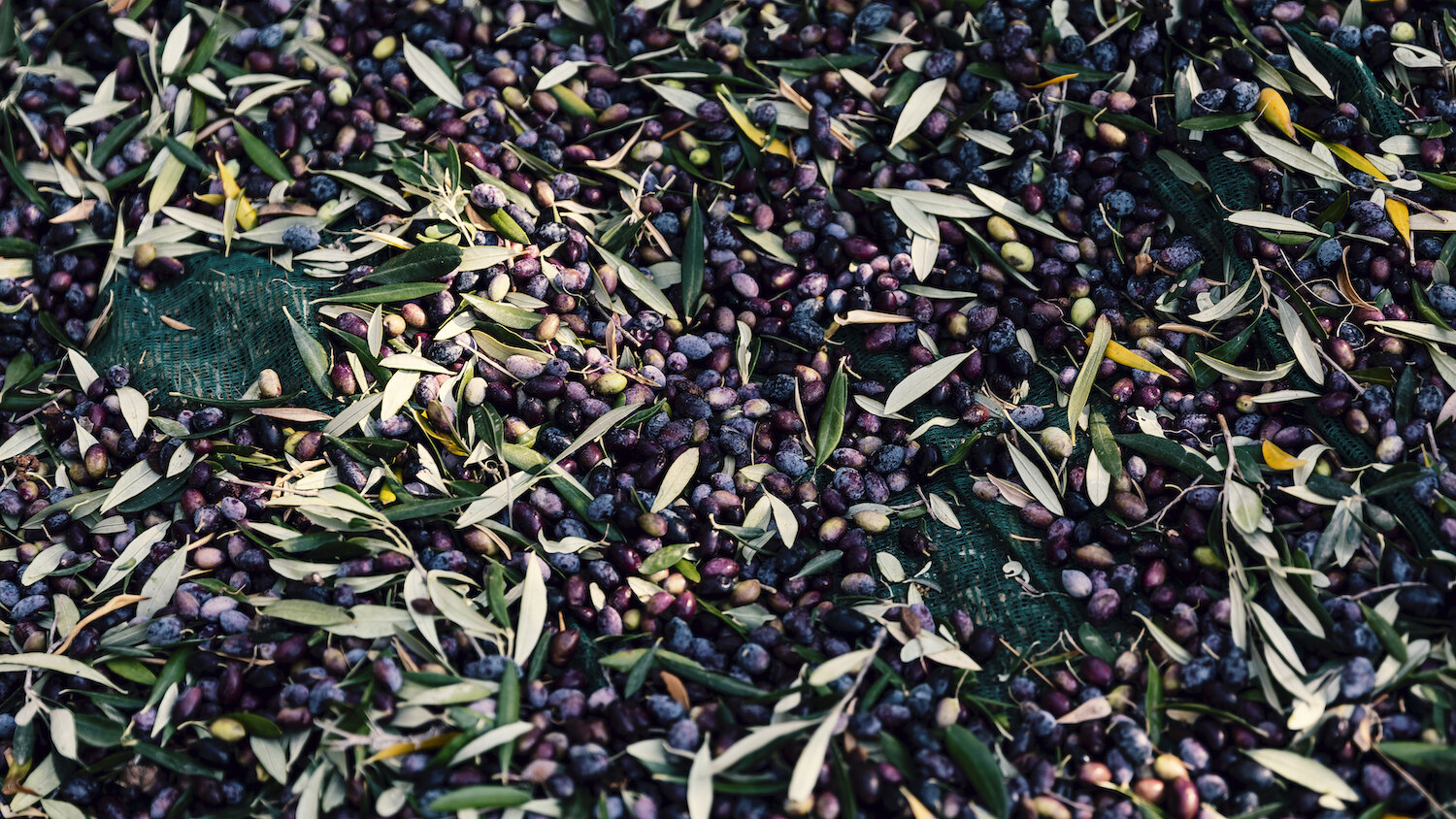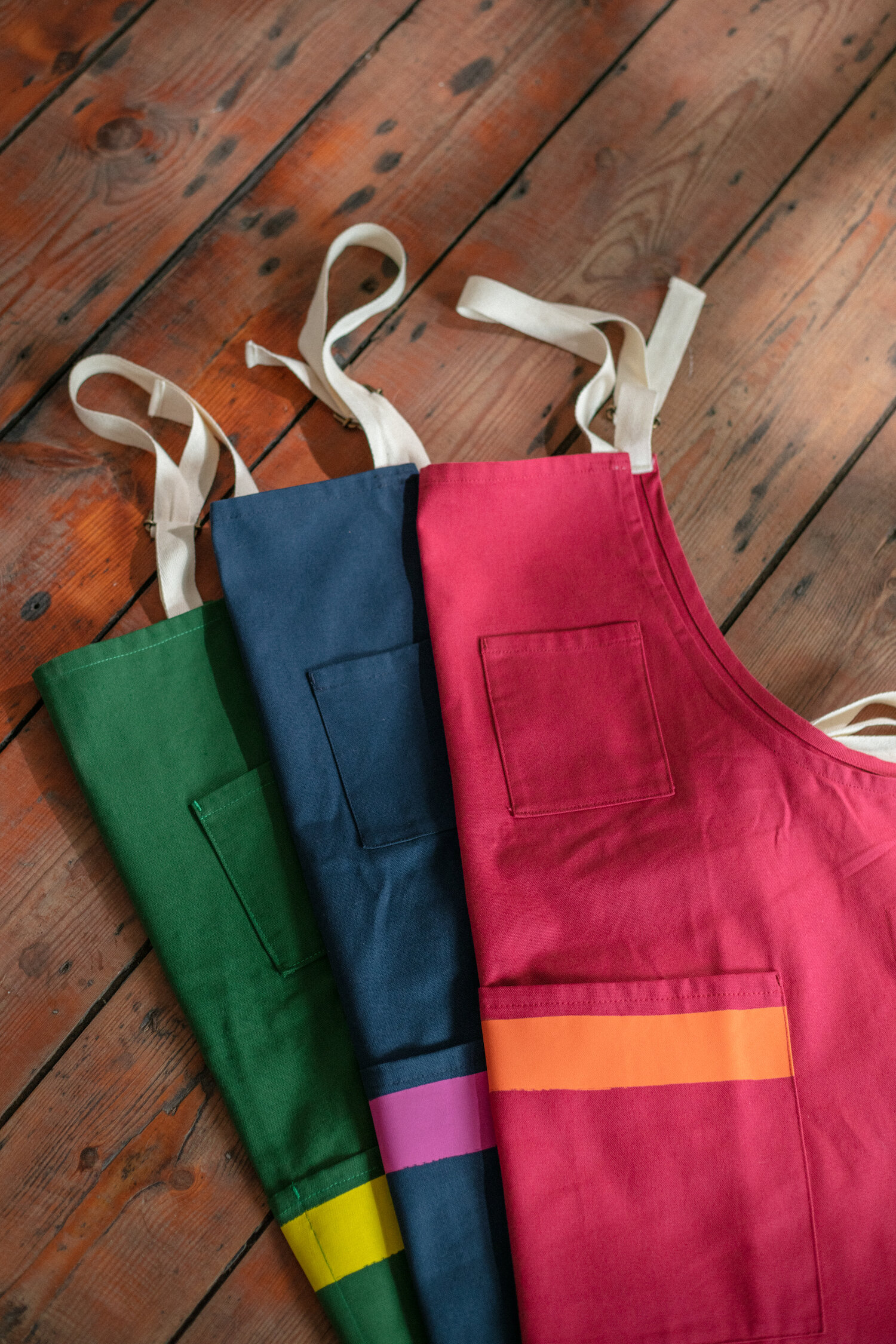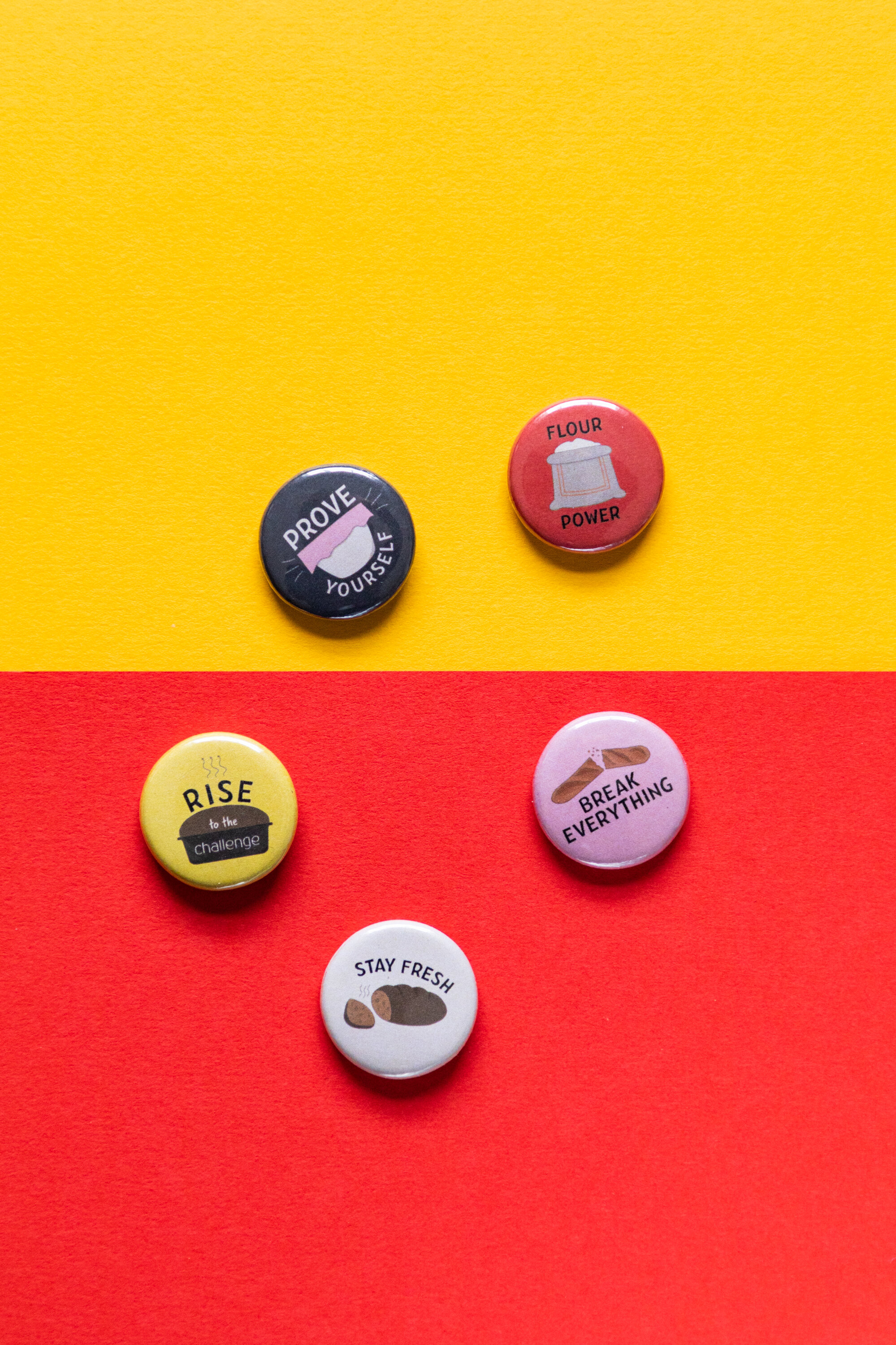Two Fields: Producing Olive Oil In Harmony With Nature
Words by Two Fields Co-Founder, Will RolphIn an unexpected turn of events, brothers Harry and William Rolph became the owners of two fields of ancient olive groves located in the far eastern corner of Crete, in the small rural village of Zakros.
Two Fields Zakros was founded producing small batch cold pressed olive oil.
The brothers soon came to realise that the demand for yield had put pressure on ancient systems that had previously worked alongside nature. Farmers in the village were now driven to intensive methods that were damaging the soil. Two Fields Zakros utilises circular and microbial farming methods that look back to the ancient ways of olive oil production, applying slower process with modern perspectives that work in harmony with nature and the season.
This is a story of love, that grew and grew. It’s a story of love of the land culture and ancient craft.
Our journey.
When our family visited Zakros on holiday, my brother Harry met Eleni, fell in love and soon moved there permanently. He found work in the olive fields. His connection to the land grew and began to learn the village ways. At the same time I was studying design specialising in sustainability and feeling frustrated. I was seeing a meaningless side to design, one that was addicted to mass production. Zakros started to represent something different to me and whenever I had the chance, I was there. Harry was learning a life more connected to nature through the old ways and while working in creative direction at adidas, I saw creativity being used to tackle the environmental crisis in new ways.
And though we were living in different worlds my brother and I were heading in the same direction. Towards a love for doing things with meaning and connected to nature.
The craft & the challenge.
Despite the passing of time, the craft in Zakros remains true to its origins. The undulating land requires a hands-on approach. The trees are tended by fiercely dedicated local farmers and families. The olives are grown, picked and pressed in the village just as they have been for generations before.
As I started to work in Zakros more and more, I realised how deeply the olive, the culture and the people are connected. Only after my first harvest would I know that you can never truly understand this place until you’ve worked in the fields.
As we began to understand Zakros in more depth we realised even in the far corner of Crete there were pressures from a system we didn’t believe in. These were very real pressures that were placed on people who rely on working with the land to survive. The biggest of these was demand for yield over all else and -consequently- chemicals being pushed as a panacea.
We knew this is a challenge for many farmers, but we hadn’t experienced it in such a raw way. We saw the tension between the craft and the system. We saw the beauty and the challenge.
Becoming unlikely apprentices.
Things seemed to slowly fall into place. It would take time, but soon what seemed like a distant idea became reality...we became the proud owners of our own 200 olive trees. A small but mighty two fields.
So two brothers -one a frustrated design student and the other who had fallen in love and moved to Crete- became olive farmers; we became unlikely apprentices. Neither of us with any farming background but we were driven by a belief that we could reconnect this craft to nature and redefine how it is valued.
We had remarkable mentors; Antoni and Jiannis -seasoned olive oil farmers- continue to guide us. We’re also deeply driven by our desire to create something rooted in nature.
These factors -our mentors and our own interests and desires- pushed us beyond the world of organic farming into a regenerative approach, focusing on giving back to our land and soil. We’ve explored endless techniques, from experimenting with cultivating beneficial microbes to exploring ideas around locking more carbon in our soil and much more. As you can imagine this approach will sometimes lead to a strange look or questions from more experienced hands. But we’ve persisted.
In some ways, perhaps our inexperience has freed us to explore more.
Business for good.
The next challenge was finding a market for our oil, of course. Without a way to support ourselves and to sell our olive oil, we may have reconnected our fields to nature, but for how long and to what end? So, we set out to create a small business focused on doing things a different way which was the antithesis of the system we continued to clash with.
We had little to no business experience. But we were determined. Our first focus was creating our brand and bringing the oil to the U.K. Beyond that, there wasn’t much of a plan.
And so, batch 1 became our test.
A year later batch 1 sold out.
That sentence in itself is a whole story of ups and downs and of many lessons learned. But it’s mainly a story mainly of us discovering and connecting to a community in the U.K. who share our values.
We’ve discovered that craft is valued and processes are cared about in both Zakros and the U.K. And we’ve realised how dependent these two worlds are on each other. We now see that people in both countries are seeking a different way; the alternatives that small businesses offer.
A business going against the grain needs customers who care.
Small rural Zakros and the U.K. were more connected than we ever knew.
Learning from two worlds.
Buoyed by batch 1 and the feeling that in our own small way we can contribute to change, we’re excited to bring batch 2 to the U.K. in March. We’re still apprentices in both business and olive oil and have with much to learn.
We believe that craft and design, nature and great food, people and good business will define the future. We believe that worlds old and new have so much to learn from each other. And we are determined to make things better.
Underpinning it all is the idea to experiment. Without testing and tinkering, we would know little more than the rigid system that was already in place. It may not be in the olive fields for you, but wherever it is, pushing to the edges is important. It’s a way we all move forward together.
